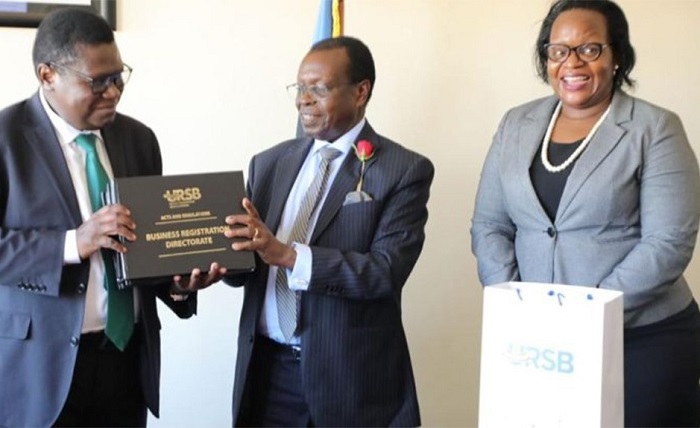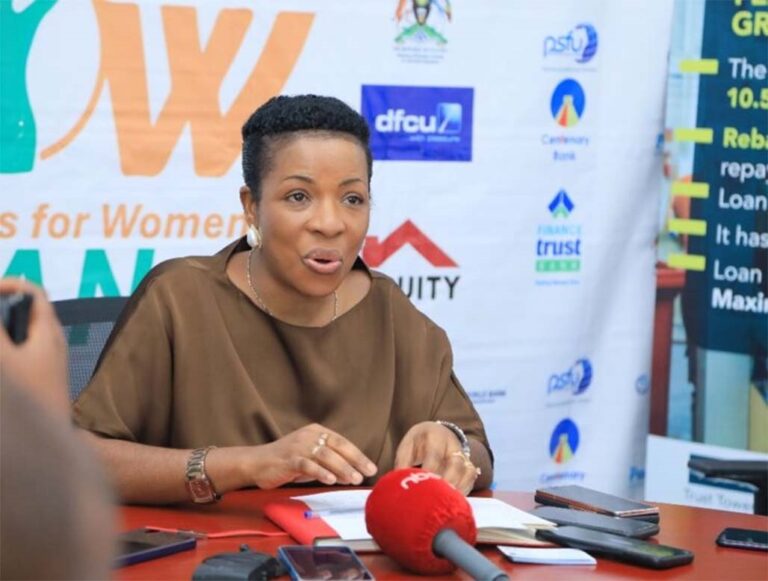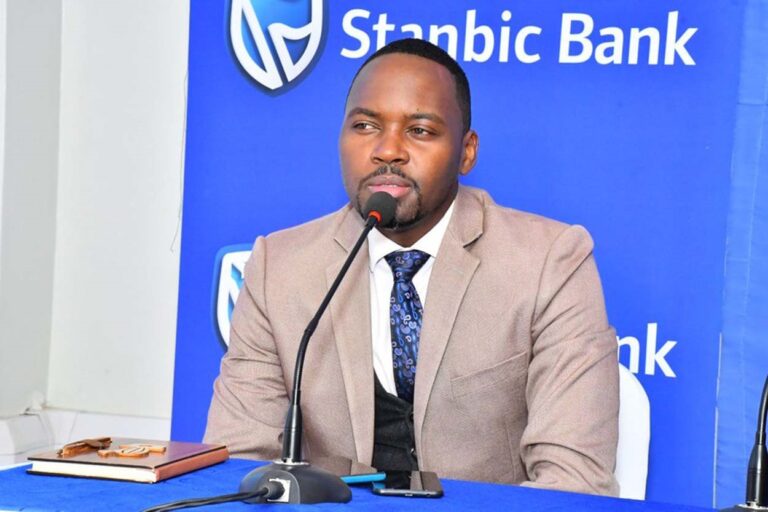
HABARI DAILY I Kampala, Uganda I The Uganda Registration Services Bureau (URSB) has achieved an outstanding milestone by surpassing its non-tax revenue (NTR) collection targets for the financial year 2022/2023. The URSB reported the registration of NTR amounting to sh77.14 billion, significantly exceeding its annual goal for the year.
In a statement, the URSB highlighted this remarkable achievement, noting that the financial year 2022/2023 witnessed a substantial increase in NTR collections compared to the previous year, which stood at sh57.04 billion. The impressive performance of sh77.14 billion represented a growth rate of over 35% above the targeted figure of sh69.6 billion.
This remarkable accomplishment can be attributed to the URSB’s strategic focus on providing high-quality services through an all-digital, all-online strategy. This approach enabled clients to access responsive services from the convenience of their homes and offices, contributing significantly to the increase in NTR collections.
The URSB also introduced client-friendly systems, such as the Online Business Registration Service (OBRS), which facilitates a wide range of submissions, from searches to annual returns and document certifications.
Additionally, services were decentralized, extending operations to new areas, and the URSB conducted targeted awareness, sensitization, and communications campaigns to reach a broader audience.
The URSB’s efforts have not only resulted in exceeding revenue targets but have also facilitated the formalization of businesses in Uganda. The bureau successfully registered 23,789 companies, 27,104 business names, 86,375 legal documents, and 1,483 debentures during the financial year 2022/2023. Notably, the number of registered companies increased by 28% compared to the previous year, indicating increased awareness and a simplified registration process.
These registrations are seen as a positive sign of the Ugandan economy’s steady recovery from the impact of the COVID-19 pandemic. The growing numbers of registered companies demonstrate the resilience and competitiveness of the private sector.
Moreover, the URSB reported a surge in the registration of trademarks, reflecting a heightened level of commercial activities in the country. Local trademark registrations reached 1,360, and foreign trademark registrations totaled 2,105. The bureau also recorded 336 local trademark renewals and 2,228 foreign trademark renewals. Additionally, 80 copyrights and 43 industrial designs were registered.
The URSB is actively fostering innovation in tertiary institutions by establishing Technology and Innovation Support Centers (TISC). Currently, there are 32 TISCs supporting research quality in universities and other research institutions, providing access to up-to-date patent and non-patent databases.
Furthermore, through the SIMPO (security interest in movable property registry system), over 14,000 borrowers, particularly from vulnerable groups, such as small business owners, youth, and women, have gained access to financing using their movable properties as collateral. The SIMPO registry was launched in 2019 to enable borrowers to use assets like cars, electronics, farm and livestock equipment, and machinery as collateral for obtaining financing. In the financial year 2022/2023, financial institutions extended a total of 6,179 loans using movable property as collateral, marking a 36% growth compared to the previous year.
The URSB’s achievements are aligned with its mission to formalize the economy, facilitate private sector development, and promote competitiveness. The bureau continues to prioritize the ease of registration processes and extend support to the private sector through valuable services.
URSB’s exemplary performance in NTR collections for the financial year 2022/2023 is a testament to its commitment to providing efficient and accessible services, promoting economic growth, and fostering innovation and technology development in Uganda. This success is a significant step toward achieving the country’s development goals and expanding the formal economy.




